Simo Valakari was appointed St Johnstone head coach 50 days ago.
Since then, the Perth side have experienced an up and down time on the pitch.
They briefly entered the top six of the Premiership on the back of two wins in a row, the second of them a thrilling injury-time triumph at Dens Park.
Three defeats have followed.
Stopping that run when Kilmarnock visit Perth on Saturday is the immediate priority.
Managerial change wasn’t just about results, though.
The owners and fans wanted an inspirational leader, a figurehead behind which they could all rally.
In that regard, the messages Valakari sends out in the media have been important to the ‘pied piper’ role he has taken on.
Courier Sport selects 10 illuminating quotes from the first few weeks of the Finn’s reign to piece together the manager St Johnstone have hired.
“As always, I trust everyone wants to do the right things. I believe VAR was right in that moment.”
Valakari hinted that he would be a manager disinclined to use criticism of officials as a deflection tactic or excuse when he spoke about the seven-minute wait for a decision over Nicky Clark’s winner against Dundee.
But it’s one thing supporting referees after you’ve won and quite another supporting referees after you’ve lost.
To Valakari’s credit the quote above came after he was asked for his opinion on Adama Sidibeh’s disallowed goal against St Mirren, which several of his Premiership peers would have leapt on in a different fashion.
“Since day one we have been discussing our values, our culture, what type of team we want to be. We have some kind of structure of what we need to do in certain situations. If you are not ready to do that – not only 15 minutes, 20 minutes or one half, it needs to be for 90 minutes – then you cannot play for our team.”
This could well be Valakari’s managerial mantra.
Two days after the loss in Paisley, he was happy to elaborate on why he had taken his top scorer, Benji Kimpioka, off when Saints were chasing the game.
In a long explanation, he took the opportunity to pin his “non-negotiables” to the wall.
Nobody, not even a striker who had reached double figures in that very game, is immune from being substituted if he isn’t playing for the team. Kimpioka started the subsequent match against Hearts but was benched the game after.
“I don’t want St Johnstone to be a team where people say: ‘They play nice football, they pass, they move, oh they lost’. No, no, no. We want to play winning football. What the players are doing on the training field and in matches gives us the chance to win football matches.”
St Johnstone dominated the ball for long periods against Hearts.
Beni Baningime lavished them with post-match praise and, after reflecting on the performance, Valakari himself made the interesting comment that this was the first time they had played “like a big club”, attempting to go out and seize three points rather than steal them.
Given the fact he said something similar to the above quote in his Saints TV interview, he clearly wanted to make a point that, although the style of play he had been creating is winning people over, he won’t get lost in his own ‘philosophy’ at the expense of cold, hard results.
“Pity for Ross but now a big opportunity for Josh.”
There was plenty of talk during the second half of that match inside McDiarmid Park and on social media about whether goalkeeper, Ross Sinclair, was replaced at half-time as a result of an injury.
Valakari cleared that up by declaring there was a muscle problem and, later in the week, spoke at great length about the club’s failure to give Sinclair, Josh Rae and Craig Hepburn a suitable working environment and the extra pressure that comes with being a local lad.
But, before he even knew the timescale of Sinclair’s recovery, it appeared that Valakari had already made his mind up he would now give Rae a chance to impress in the next game.
“I’m very honest. When I started at the club and saw Kyle was captain it raised some questions about a loan player as a captain.”
Kyle Cameron was injured when Valakari arrived in Scotland so Nicky Clark already had the captain’s armband.
But the issue of who would be his permanent skipper still needed to be addressed.
Valakari navigated a potentially tricky topic by praising both men and suggesting that appointing the on-loan Notts County man to the position in the first place was a judgment call he didn’t agree with.
“There are a lot of plus points and I would be stupid not to use that.”
Valakari had the option of bringing in a completely new backroom team if he’d chosen to.
That he wanted to take his time, assess the capabilities of the coaching staff he inherited and then decided to keep Andy Kirk and Alex Cleland in his inner-circle spoke of a man who would make evidence-based calls rather than knee-jerk ones.
“At first the picture was blurry but now it’s clear. The owners want to be proactive and they understand where they want to take the club. I am very happy with that.”
More details will emerge on the recruitment front over the next couple of months but it is absolutely essential that Valakari and Adam Webb are aligned when it comes to the January transfer window and those that follow as long as he is head coach.
The “blurry picture” he referred to backs up the idea that wasn’t the case in his predecessor’s short time working under the new owner.
St Johnstone need a coherent strategy and it appears Valakari is confident they now have one.
“I strongly believe those things are coachable. And most importantly, I believe that those things are coachable if the player is open to the coaching.”
By the time Valakari is able to start player trading, Saints will have contested another seven matches.
If they are to be above 12th in the league when the January window opens, the current squad (specifically, the current defence) will need to improve on its two goals conceded per game average.
Training ground improvement was part of Valakari’s remit and he has backed himself to make gains with the players he has got at his disposal.
To that end, this international break should have helped.
It will be fascinating to see if, and in what way, Saints are better at the back against Kilmarnock.
“It’s at these moments as a coach that you see the pain inside a player. There’s nothing I can do to help him come back quicker but I wanted to let him know that he will be like our first signing in January. If he’s back earlier than that, great.”
There are plenty of managers who only become interested in a player when he is fit enough for first team selection.
Valakari isn’t one.
He does not believe Uche Ikpeazu will be available for a while yet – possibly not until January.
On a football level, he knows the former Hearts man will be a key player in the second half of the season, so encouragement of this kind has the potential to be repaid in goals and assists.
More importantly though, on a human level, Valakari has recognised that Ikpeazu has been struggling emotionally with the frustration of not yet playing for his new club and wanted to help him.
“With the new owners now, we need to get these academy players to come up. That’s why we sharpen up the academy things. We’re getting a good connection, talking every day about how we can change it. Of course, I’m not saying I need academy players in right now. But we need to be very clear with our focus what we want to achieve with the academy.”
If Valakari is going to make a long-term success of his time with St Johnstone, he’ll need to supplement outside recruitment with internal progression through the youth ranks.
It’s been a big part of his success elsewhere.
Saints aren’t getting as many home-grown youngsters into their first team as they used to.
That needs to change and Valakari isn’t divorcing himself from that.
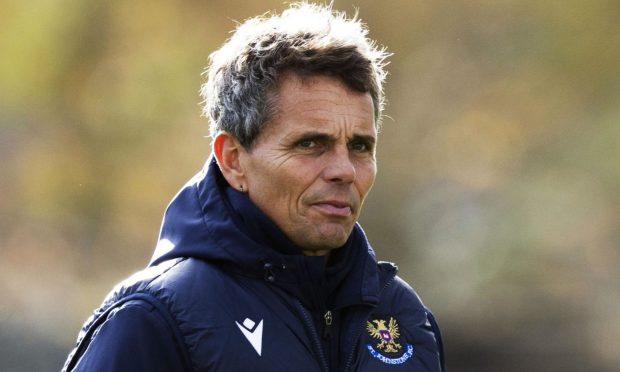
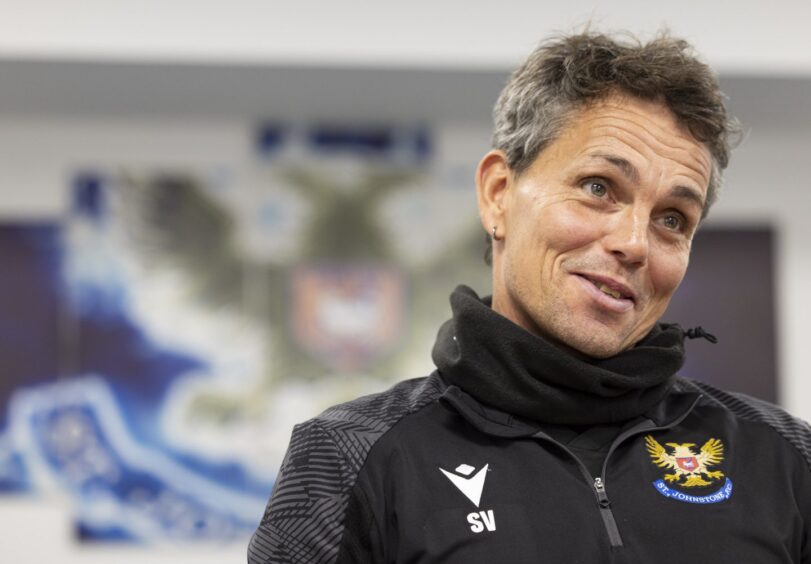
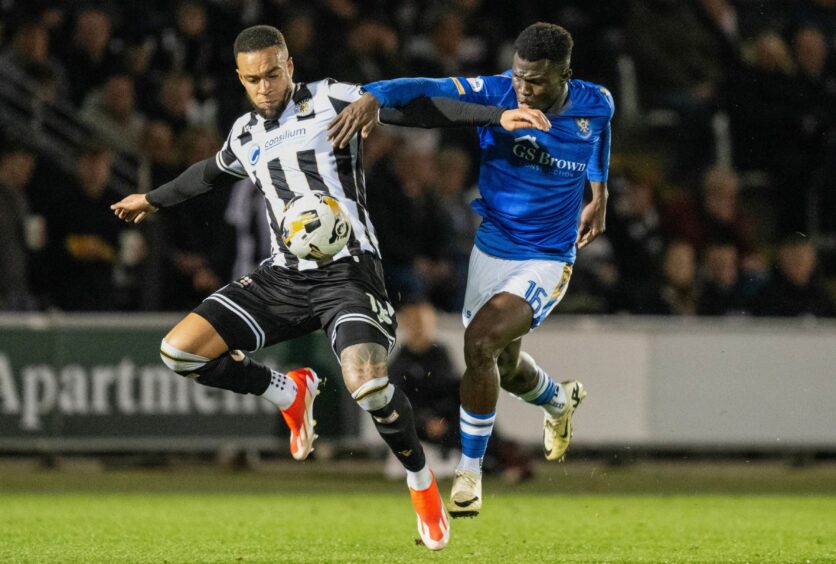
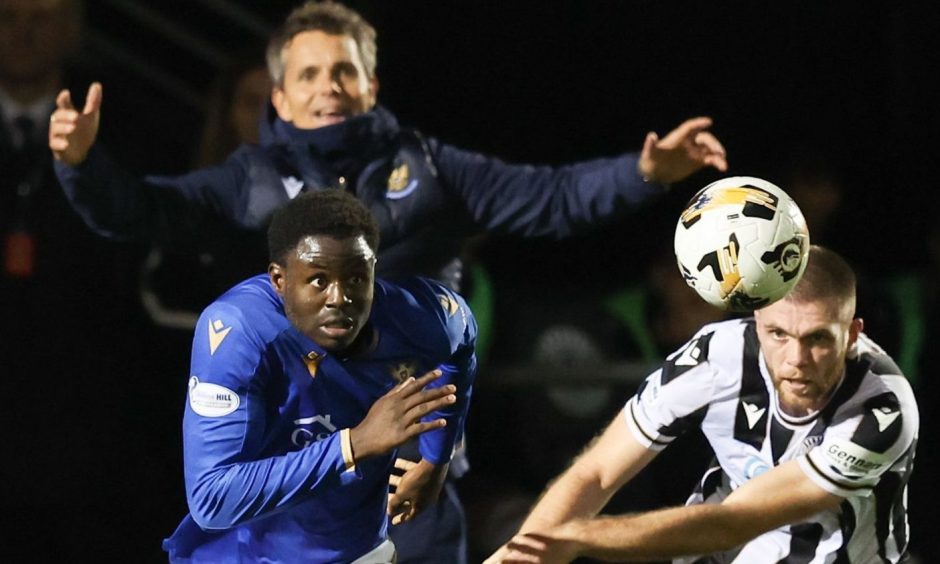
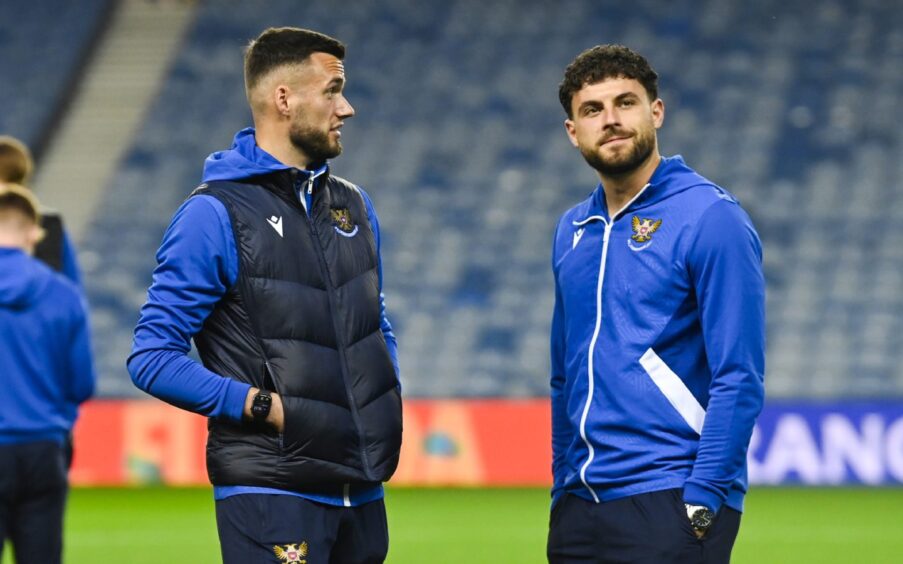
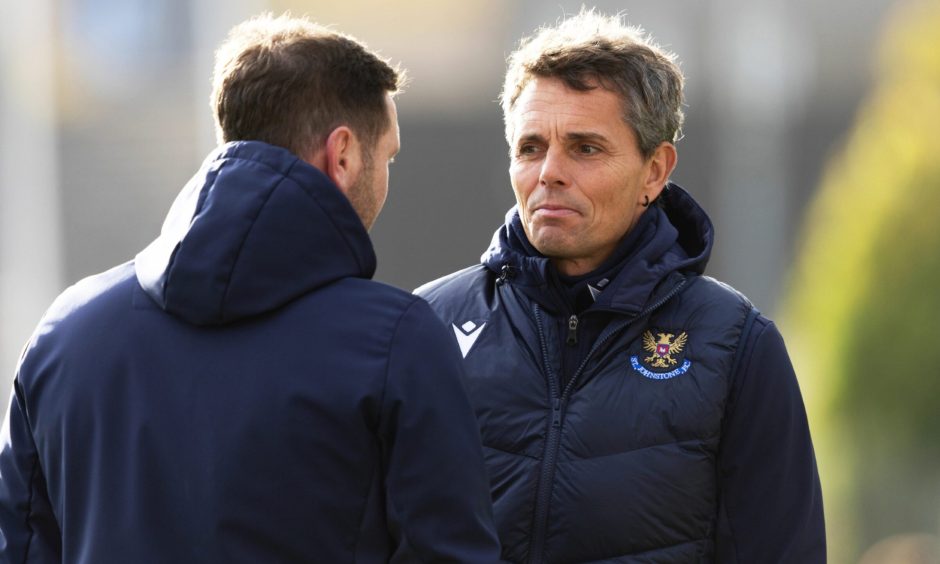
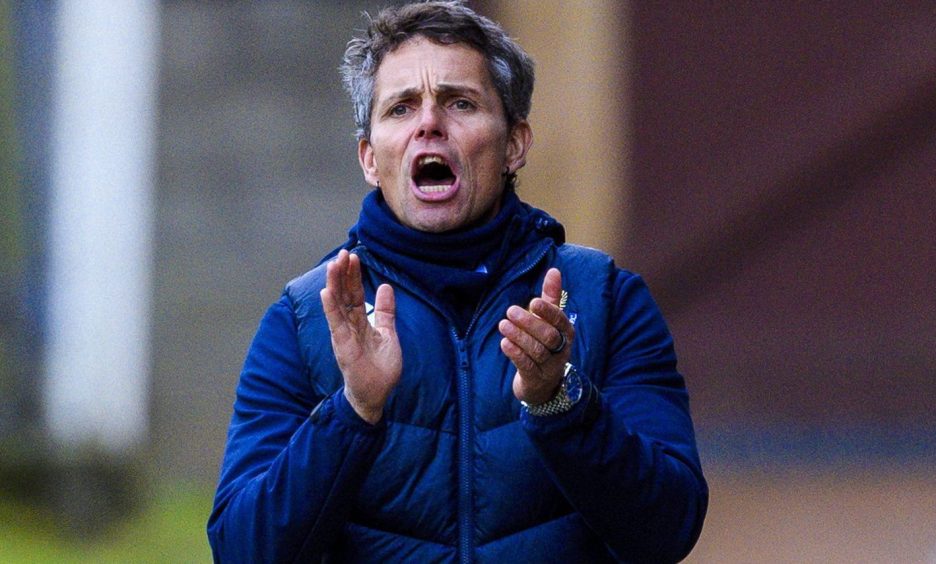
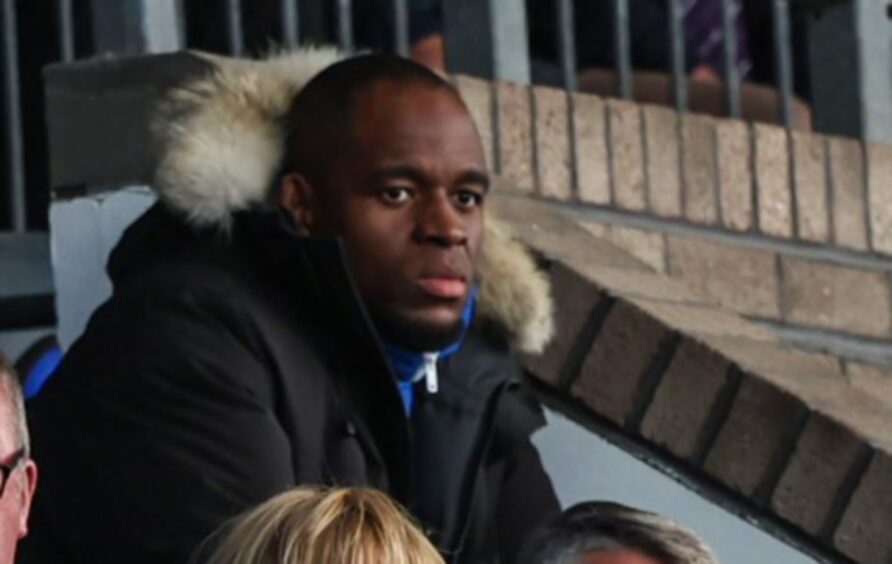
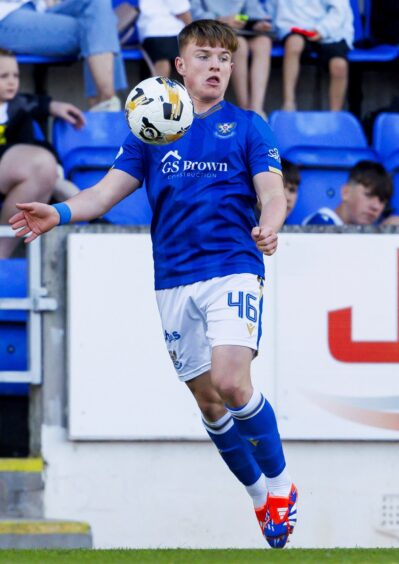
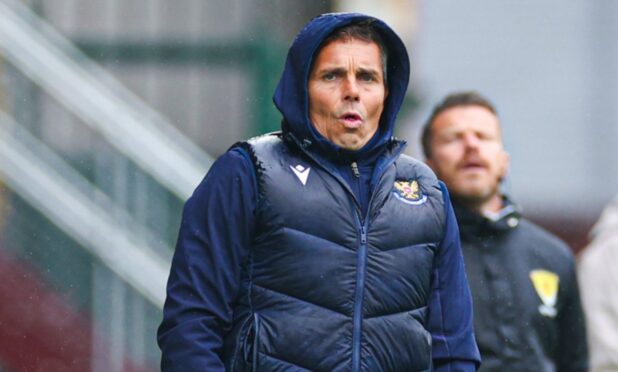
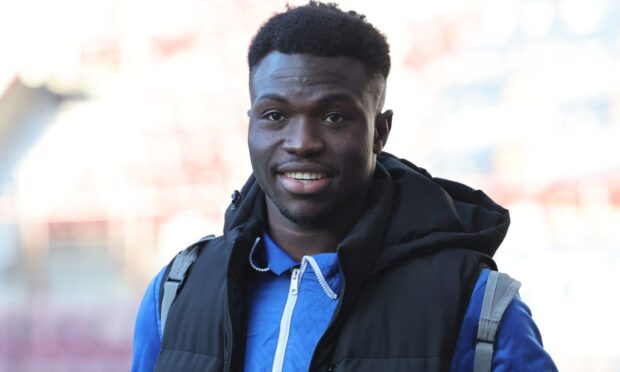
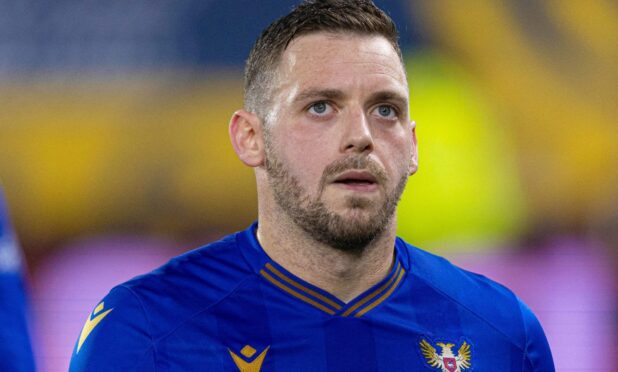
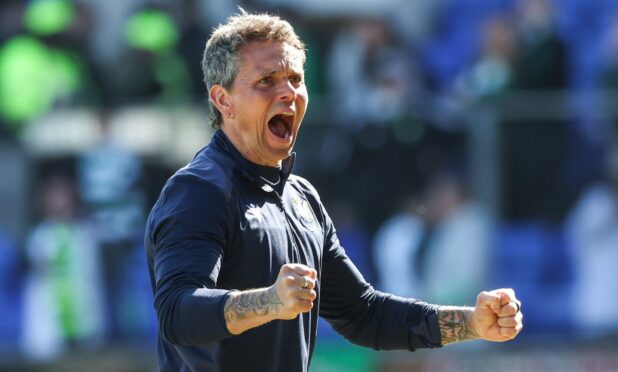
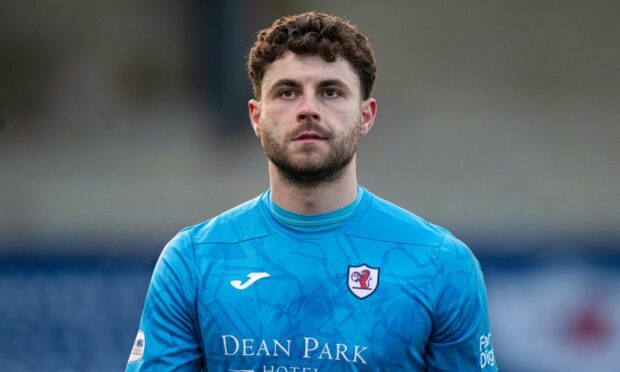
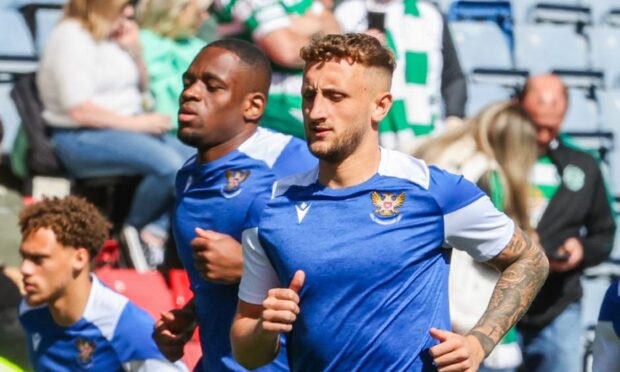
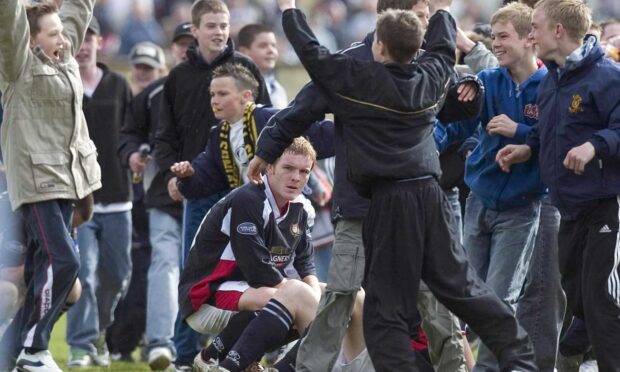
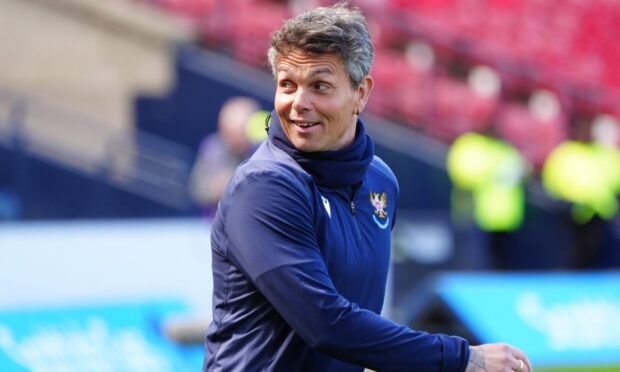
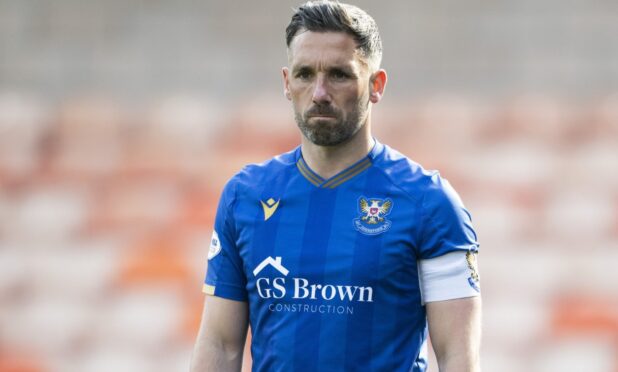
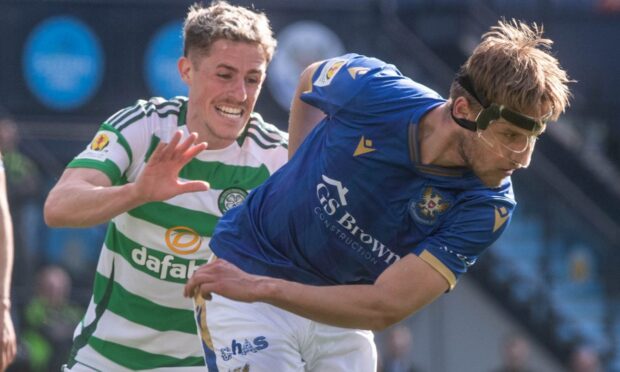
Conversation